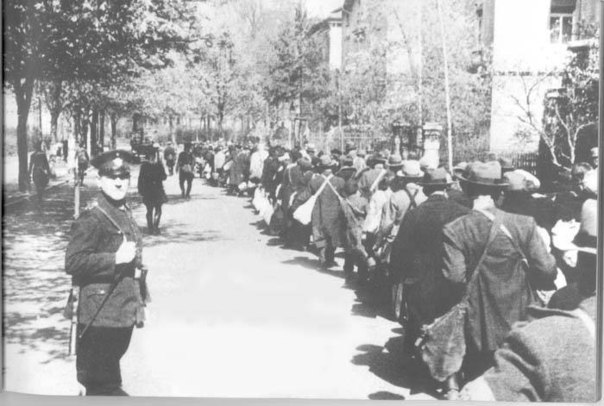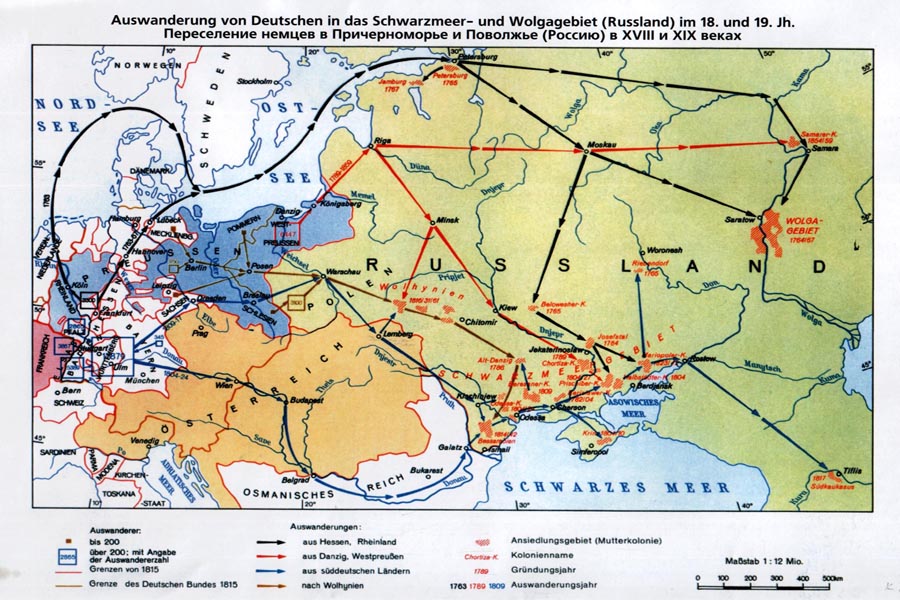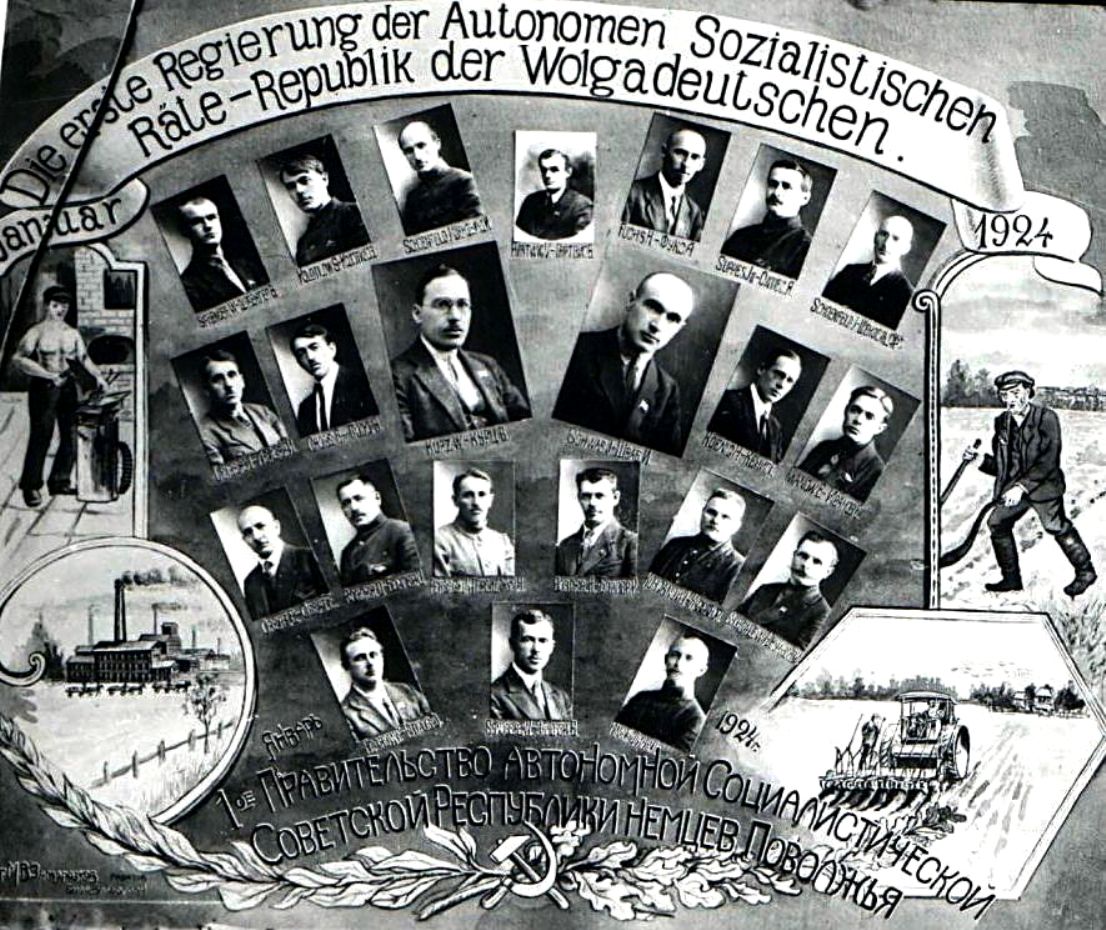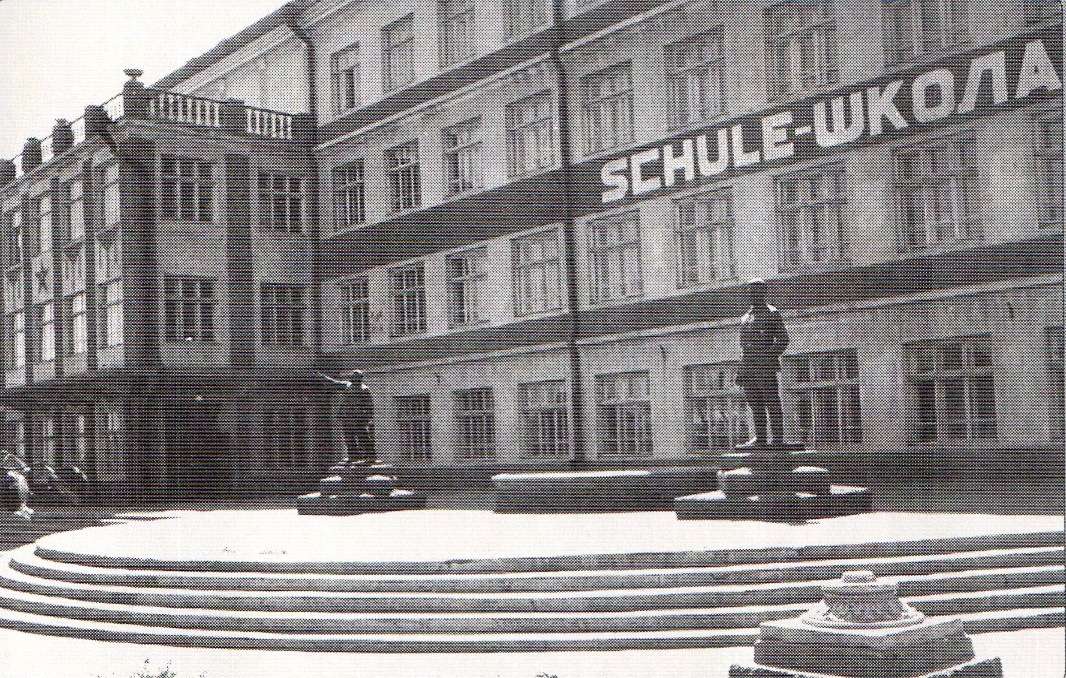Although in the case of occupied Crimea, Vladimir Putin has talked about the need for the full rehabilitation of the peoples of that peninsula who suffered under Soviet rule, the Kremlin leader on Sunday quietly took a step that deprives the ethnic Germans of the Russian Federation of their hopes that they will ever get such treatment.
On the one hand, the timing of this action is a reflection of deteriorating relations between Moscow and Berlin. But on the other, it is completely consistent with Putin’s actions if not his words about non-Russian minorities and about respecting their rights regardless of the Russian Constitution or measures adopted under his predecessor Boris Yeltsin.
What has happened, the Nazaccent.ru portal reports, is that “Vladimir Putin has finally deprived the Russian Germans of the right to the restoration of statehood inside the Russian Federation. On January 31 [he] introduced changes” in Yeltsin’s February 1992 decree about that right.
Putin excluded the words in the Yeltsin decree about the restoration of statehood “as one of the means of the rehabilitation of the people. In another paragraph, ‘the restoration of statehood’ was replaced by ‘the social-economic and ethno-cultural development of the Russian Germans.”
In addition, by his actions, Putin “changed the name of the inter-governmental commission overseeing Russian German issues. It had been called “the Russian-German Commission for the Preparation of a Joint Program of Measures for Securing the Gradual Restoration of the Statehood of Russian Germans.”
Now that body will be called “the Russian-German Commission for Russian German Issues.”
Between 1918 and 1941, the Russian Germans had their own ethnic autonomy. But on August 28, 1941, following Hitler’s invasion of the USSR, Stalin disbanded that political entity, accused the roughly 400,000 ethnic Germans of being spies and diversionists, and deported them en masse as forced labor to the Urals, Kazakhstan, and Siberia.
As part of Nikita Khrushchev’s de-Stalinization campaign, Moscow on August 28, 1964, declared that the charges against the Russian Germans were without foundation and thus “rehabilitated them.” But a few weeks later, Khrushchev was overthrown and the Russian Germans had to wait until the end of the Soviet Union to renew their quest for justice.
In February 1992, many of them – who then numbered approximately as many as had been deported 51 years earlier – believed they were close to achieving their goal with Yeltsin’s decree. But they made little progress in the intervening years, and now Putin has slammed the door to progress, at least as long as he is in office.








